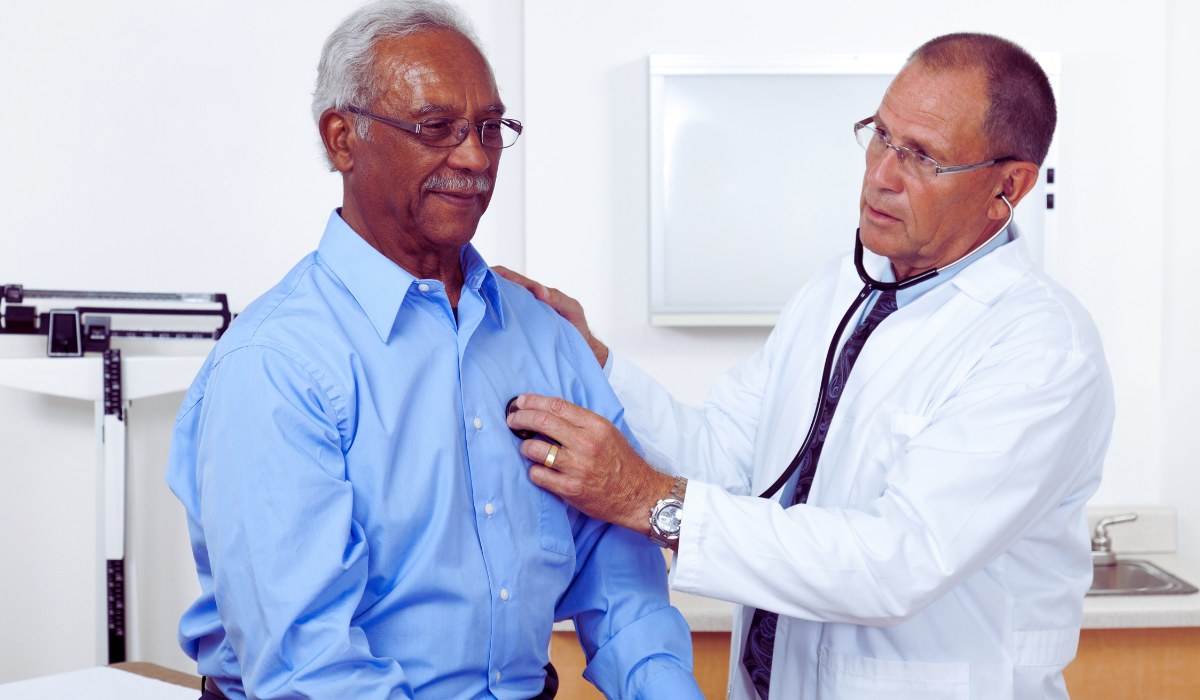As we grow older, our bodies change, and it becomes important to pay closer attention to our health. This is especially true for our elderly loved ones, who may require some extra care and attention.
Regular medical evaluations play a crucial role in ensuring their well-being and catching any health issues early on. In this article, we will explore why regular medical evaluations are essential in caregiving for elderly loved ones.
What are Regular Medical Evaluations?
Regular medical evaluations involve visiting healthcare professionals, such as doctors or nurses, for a comprehensive check-up. These evaluations help assess the overall health of your elderly loved ones, identify potential health concerns, and provide necessary treatment or preventive measures.
Why are Regular Medical Evaluations Important?
- Early Detection of Health Issues: Regular medical evaluations enable healthcare professionals to detect health problems at an early stage. Many conditions are easier to treat when identified early. Through regular check-ups, doctors can monitor your loved one's health and spot any potential problems before they become more serious.
- Preventive Care: Medical evaluations aren't just about treating existing health conditions; they are also about preventing future ones. Doctors can offer valuable advice on maintaining a healthy lifestyle, managing chronic conditions, and providing vaccinations or screenings that can help prevent certain diseases.
- Medication Management: Elderly individuals may often be taking multiple medications for different health conditions. Regular medical evaluations allow doctors to review and adjust medication regimens as necessary. This helps ensure that the medications are effective, safe, and don't interact negatively with one another.
- Mental Health Assessments: Physical health is crucial, but mental health is equally important. Regular medical evaluations include discussions about mental well-being. Healthcare professionals can evaluate signs of depression, anxiety, or cognitive decline and provide appropriate referrals or treatments.
- Maintaining Independence and Quality of Life: By monitoring your elderly loved one's health through regular evaluations, you can help them maintain their independence and quality of life. Catching health issues early can prevent them from worsening, allowing your loved one to stay active, engage in daily activities, and enjoy their hobbies for longer.
Regular medical evaluations are vital in caregiving for elderly loved ones. They provide an opportunity for healthcare professionals to assess overall health, detect potential issues early on, and provide necessary treatments or preventive care. By staying on top of these evaluations, you are actively contributing to your loved one's well-being, ensuring they have the best possible chance for a healthy and fulfilling life. Remember, taking care of their physical and mental health is a true expression of love and compassion.
We hope this article has shed light on the significance of regular medical evaluations in caregiving for elderly loved ones. Have you encountered any challenges or success stories related to medical check-ups for your elderly family members? We would love to hear your thoughts and experiences in the comments below. Share your stories and join the conversation!
 Take action now to ensure the safety and well-being of your elderly family members at home. Download our free Home Care Setup Checklist: Creating a Safe Environment for Elderly Family Members and gain peace of mind knowing that you have covered all the necessary steps to protect your loved ones. Don't wait any longer - start creating a nurturing and secure environment where they can flourish today.
Take action now to ensure the safety and well-being of your elderly family members at home. Download our free Home Care Setup Checklist: Creating a Safe Environment for Elderly Family Members and gain peace of mind knowing that you have covered all the necessary steps to protect your loved ones. Don't wait any longer - start creating a nurturing and secure environment where they can flourish today.

